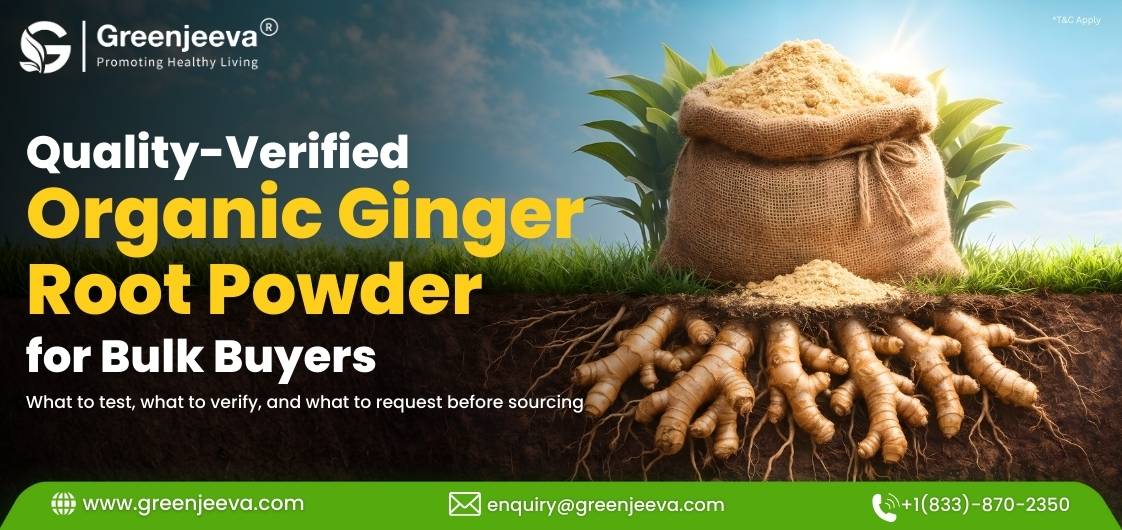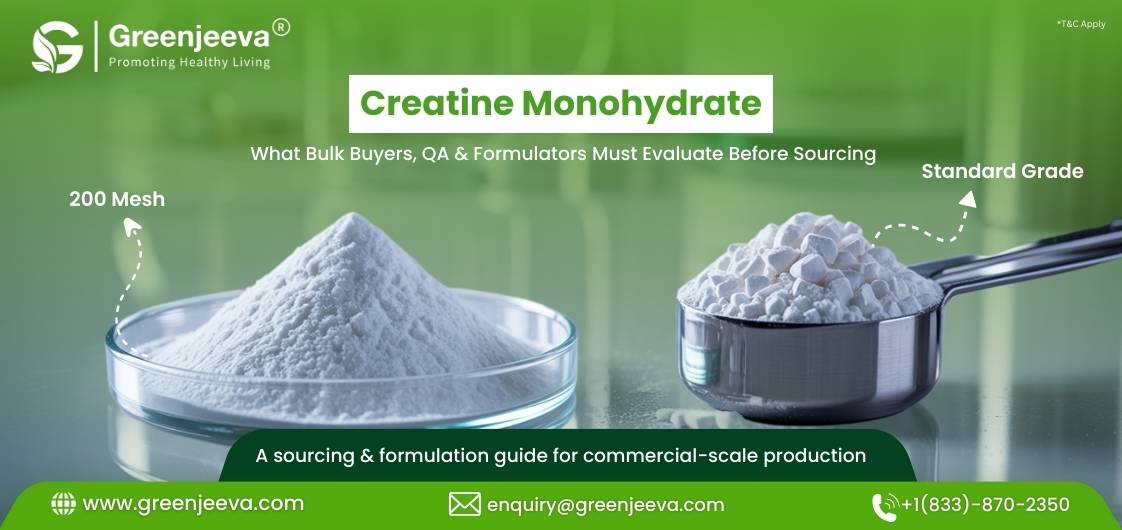Key Factors for Choosing a Yeast Beta Glucan Powder Supplier

Sourcing high-quality ingredients is crucial to survival in the competitive health and wellness products market. Regarding yeast beta glucan powder, a robust immunomodulator with several health benefits, choosing the proper supplier is crucial for businesses. This is an essential decision for the consistency and quality of your products.
Here are reasons why choosing a trustworthy yeast beta glucan supplier is significant and what factors you should consider before making any choice.
The Value of a Trustworthy Supplier
The safety and efficacy of the final product depend on the quality of the yeast beta-glucan you use. Substandard or irregular raw materials can ruin their curative properties and damage a company’s standing in the market. A trusted producer offers much more than just goods; they give purity assurance, safety, and compliance with laws. Partnering with reliable supplier may simplify business processes, make customers believe in a product and guarantee loyalty.
Important Factors That Could Influence Your Decision
Methods of Manufacturing
The yeast beta glucan extraction or processing process influences its quality. Manufacturers who apply advanced extraction technologies that maintain the integrity of beta-glucans should be given priority during the selection process. An example of such methods includes enzymatic extraction as opposed to chemical methods, which preserves bioactivity, hence maintaining compound cleanliness levels. Find out from supplier's details on how they go about extraction as well as processing techniques that will show whether they meet standards established within this industry.
Purity Levels
The purity determines how effective yeast beta-glucan is in medicine and food supplements. Good manufacturers give proof of 100% purity in their products by presenting Certificates of Analysis (CoA) as an example. Therefore, choose the supplier whose Beta-Glucan is consistently over 70% for better product qualities and constituents.
Quality Control Standards
All manufacturers must adopt strict quality control measures. In this regard, regular checks may be made for impurities such as heavy metals, pesticides, and microbial contaminants. Look for manufacturers with third-party certifications such as ISO 9001, GMP (Good Manufacturing Practices), and NSF International, which signify adherence to high-quality standards.
Traceability and Transparency
Choose a manufacturer that allows you to see how they source raw materials for their product until the delivery stage. This fosters compliance with legal regulations and establishes consumer trust, thereby leading to market recognition. Find out from your potential supplier whether they can provide documents showing how yeast beta glucan was processed.
https://www.greenjeeva.com/blog/shatavari-facts-uses-formulations-and-moreRead More:
How to Build a Successful Business Partnership
Creating a good relationship with your yeast beta glucan supplier will require more than just business transactions between you two parties so that it can succeed in other ways. Here are some tips:
Open Communication: Maintain open lines of communication. Regular updates and feedback loops help address any issues promptly and improve collaboration.
Mutual Goals: Align on common goals like quality standards and innovation. This ensures that both parties are committed to maintaining high product standards.

Flexibility and Reliability: Your supplier should be flexible enough to accommodate your growing needs and reliable in meeting delivery timelines.
Long-term Engagement: Foster a long-term relationship. This ensures consistency in supply and opens avenues for joint ventures in research and development.
Also Read More: Everything You Got to Know About Beer Manufacturing
Conclusion
Choosing the right yeast beta glucan powder supplier is crucial since it affects your product's quality, safety, and sales. The focus should be on the production method, cleanliness level, integrity level, and how things are done to ascertain that you are dealing with trustworthy suppliers. Developing an effective line of communication with a supplier who meets these criteria will ensure that your company continues to grow while staying at the forefront of innovation.
For customers looking for organic and conventional raw ingredients with same-day shipping in and around Canada, visit Green Jeeva Canada.
**The Food and Drug Aministration has not evaluated these statements. This product is not intended to diagnose, treat, cure, or prevent any disease.**






